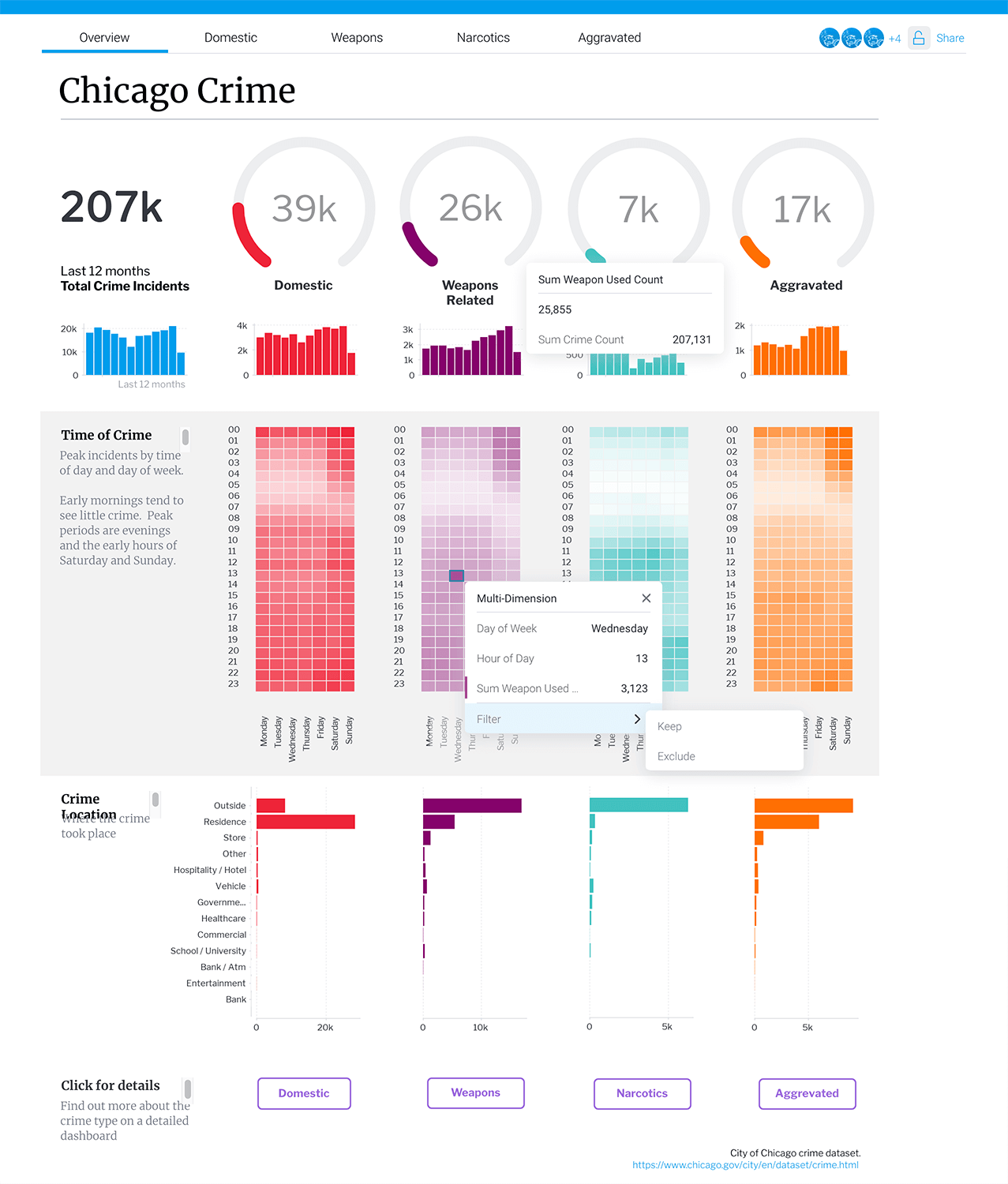
Choosing Business Intelligence Software: Tips for Better Decisions
In today’s fast-paced business environment, organizations are constantly seeking ways to improve their decision-making processes, optimize operations, and gain a competitive edge. One of the most effective tools for achieving these objectives is Business Intelligence (BI) software. BI software enables companies to collect, analyze, and visualize data from various sources, providing valuable insights that can inform strategic decisions.
With the numerous BI software options available in the market, selecting the right one can be a daunting task. This article aims to provide tips and best practices for choosing the most suitable BI software for your organization, ensuring better decision-making and ultimately driving business success.
Understanding Business Intelligence Software
Before diving into the selection process, it’s essential to understand what BI software is and how it can benefit your organization. BI software is a type of application that helps companies to transform raw data into actionable insights. It combines data from various sources, such as databases, spreadsheets, and external data providers, and applies analytics and data visualization techniques to present the information in a meaningful way.
The primary goals of BI software are to:
- Improve decision-making: By providing accurate and timely data, BI software enables organizations to make informed decisions, reducing the risk of errors and missed opportunities.
- Enhance operational efficiency: BI software helps companies to identify areas of inefficiency and optimize their processes, leading to cost savings and improved productivity.
- Gain a competitive advantage: By analyzing market trends, customer behavior, and other external factors, BI software provides organizations with valuable insights to stay ahead of the competition.
Key Features of Business Intelligence Software
When evaluating BI software, there are several key features to consider:
- Data Integration: The ability to connect to various data sources, including databases, spreadsheets, and cloud storage.
- Data Analysis: Advanced analytics capabilities, such as data mining, predictive analytics, and statistical modeling.
- Data Visualization: Interactive and dynamic visualization tools, including charts, graphs, and dashboards.
- Reporting: Ability to generate reports, including ad-hoc reports, scheduled reports, and dashboards.
- Security: Robust security features, including user authentication, access control, and data encryption.
- Scalability: The ability to handle large volumes of data and support growing user bases.
- Integration with Other Tools: Compatibility with other software applications, such as CRM, ERP, and marketing automation systems.
Tips for Choosing the Right Business Intelligence Software
With the numerous BI software options available, it’s crucial to follow a structured approach to select the most suitable solution for your organization. Here are some tips to consider:
- Define Your Requirements: Clearly outline your business needs and objectives. Identify the types of data you want to analyze, the frequency of analysis, and the desired outcomes.
- Assess Your Data: Evaluate the quality, structure, and volume of your data. Consider the sources of your data, including internal and external data providers.
- Evaluate Vendor Options: Research and compare various BI software vendors, considering factors such as product features, pricing, support, and customer reviews.
- Consider Cloud vs. On-Premise: Decide whether a cloud-based or on-premise solution is best for your organization, taking into account factors such as scalability, maintenance, and security.
- Look for User-Friendly Interface: Choose a solution with an intuitive and user-friendly interface, ensuring that users can easily navigate and utilize the software.
- Check for Mobile Compatibility: Ensure that the BI software is optimized for mobile devices, allowing users to access and analyze data on-the-go.
- Evaluate Support and Training: Consider the level of support and training provided by the vendor, including documentation, tutorials, and customer support.
- Consider Total Cost of Ownership: Calculate the total cost of ownership, including licensing fees, implementation costs, and ongoing maintenance expenses.
- Read Customer Reviews and Case Studies: Research customer reviews and case studies to gain insights into the vendor’s reputation, customer satisfaction, and success stories.
- Request a Demo or Trial: Request a demo or trial to experience the software firsthand, ensuring that it meets your requirements and expectations.
Best Practices for Implementing Business Intelligence Software
Once you’ve selected the right BI software, it’s essential to follow best practices for implementation and adoption:
- Develop a Clear Implementation Plan: Create a detailed project plan, outlining the scope, timeline, and resources required for implementation.
- Establish a Cross-Functional Team: Assemble a team with representatives from various departments, including IT, finance, and operations.
- Provide Training and Support: Offer comprehensive training and support to ensure that users are comfortable with the software and can utilize its features effectively.
- Monitor and Evaluate Performance: Continuously monitor and evaluate the performance of the BI software, identifying areas for improvement and optimizing the solution as needed.
- Foster a Culture of Data-Driven Decision-Making: Encourage a culture that values data-driven decision-making, ensuring that users understand the benefits and importance of using BI software.
Conclusion
Choosing the right Business Intelligence software is a critical decision that can significantly impact an organization’s ability to make informed decisions, optimize operations, and gain a competitive edge. By understanding the key features of BI software, following a structured approach to selection, and implementing best practices, organizations can ensure that they select a solution that meets their unique needs and drives business success. Remember to evaluate vendors carefully, consider user adoption and support, and foster a culture of data-driven decision-making to maximize the benefits of your BI software investment.
Closure
Thus, we hope this article has provided valuable insights into Choosing Business Intelligence Software: Tips for Better Decisions. We thank you for taking the time to read this article. See you in our next article!


